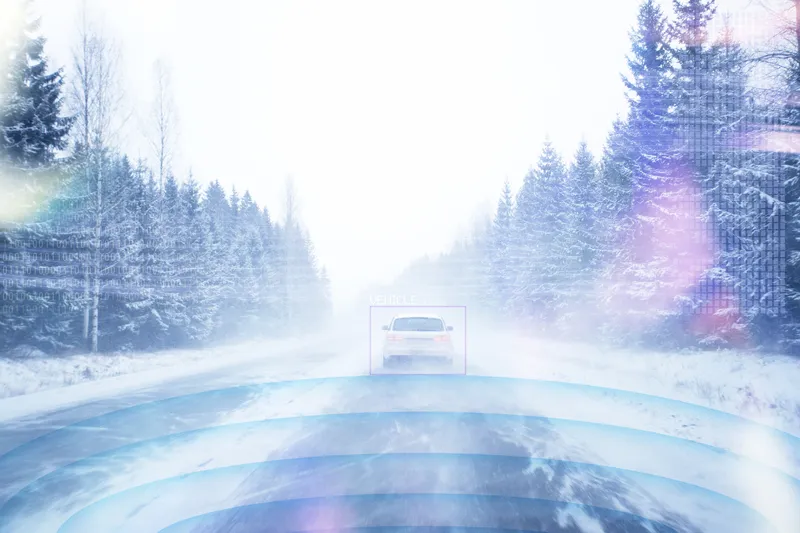US state Departments of Transportation (DOTs) are gearing up to meet the challenge of maintaining a high level of service during the winter without the benefit of additional financial resources. High-tech solutions like GPS guidance systems and low-tech products like potato juice are helping states to cut costs, improve efficiency, and minimise environmental impacts.
The Alaska Department of Transportation and Public Facilities uses a variety of advanced technologies to combat extreme winter weather and
December 18, 2013
Read time: 3 mins
US state Departments of Transportation (DOTs) are gearing up to meet the challenge of maintaining a high level of service during the winter without the benefit of additional financial resources. High-tech solutions like GPS guidance systems and low-tech products like potato juice are helping states to cut costs, improve efficiency, and minimise environmental impacts.
The Alaska Department of Transportation and Public Facilities uses a variety of advanced technologies to combat extreme winter weather and this year became one of the first agencies in the country to deploy an icebreaker. The device, which attaches to the front of maintenance truck, uses a steel drum with spikes to break up ice and expose asphalt. Alaska also deploys a new technology which uses cell phone signals to turn ordinary maintenance vehicles into mobile weather stations.
The Nevada Department of Transportation is involved in a multi-state integrated mobile observation demonstration project headed by the831 Federal Highway Administration. Twenty NDOT ploughs are equipped to collect weather and vehicle data, essentially creating a mobile weather reporting station that reports current road conditions via radio rather than cell phone signal for more dynamic and reliable road updates and winter operations in rural areas.
The1904 Utah Department of Transportation recently expanded its LiveView Technologies road condition monitoring camera network to more than 100 remote locations throughout the state. The solar powered system uses state-of-the-art low-cost web cameras, high speed wireless communication, and infrared sensors to broadcast video from distant mountain passes or other problem areas.
The Maryland State Highway Administration is this winter expanding its fleet of dual-wing snowploughs, which can clear up to 24 feet of roadway at a time, while the7043 Tennessee Department of Transportation is using ‘magic salt’ made from potato juice as well as snowploughs to clear its roads.
The923 California Department of Transportation is using an innovative new tow plough on Interstate 80's rugged Donner Pass. The plough swings out from behind a traditional snow plough to clear snow from two lanes of traffic.
7477 Idaho Transportation Department has introduced a new enhancement to its 511 Traveler Services system, opening the door to two-way communication about winter highway conditions
"New technologies are being tested and implemented by state DOTs every day," says Mike Hancock, AASHTO President and Secretary of the6198 Kentucky Transportation Cabinet. "State transportation officials are turning to proven solutions to do their jobs faster, better, and smarter. The following examples are just a few of the many ways states are keeping people and goods moving safely, this winter."
The Alaska Department of Transportation and Public Facilities uses a variety of advanced technologies to combat extreme winter weather and this year became one of the first agencies in the country to deploy an icebreaker. The device, which attaches to the front of maintenance truck, uses a steel drum with spikes to break up ice and expose asphalt. Alaska also deploys a new technology which uses cell phone signals to turn ordinary maintenance vehicles into mobile weather stations.
The Nevada Department of Transportation is involved in a multi-state integrated mobile observation demonstration project headed by the
The
The Maryland State Highway Administration is this winter expanding its fleet of dual-wing snowploughs, which can clear up to 24 feet of roadway at a time, while the
The
"New technologies are being tested and implemented by state DOTs every day," says Mike Hancock, AASHTO President and Secretary of the









